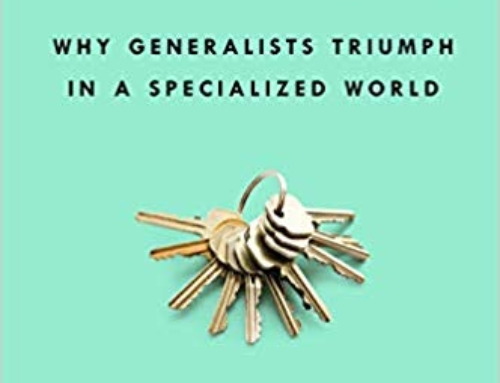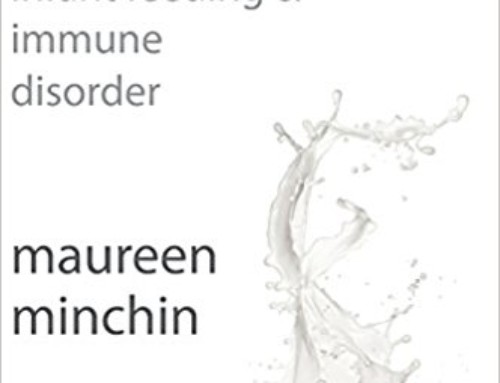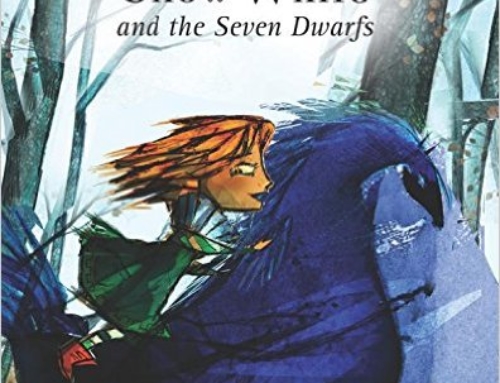 Most of the time the books I review are fun reads. They deal with family and evolutionary parenting practices in some way or another, but at the end of the day, there’s not a ton of importance attached to any of them outside reading pleasure and perhaps getting something personal from it. If you don’t read them, so be it. Not with this one. If I had my way, this book would be a mandatory read in all high schools and for all new parents. Reading it is painful, hard, and awkward. Which is how it should be because there is nothing joyful, easy, or straightforward about child sexual abuse. That’s right – this is a book about one girl’s journey to heal from four years of sexual abuse at the hands of her nanny.
Most of the time the books I review are fun reads. They deal with family and evolutionary parenting practices in some way or another, but at the end of the day, there’s not a ton of importance attached to any of them outside reading pleasure and perhaps getting something personal from it. If you don’t read them, so be it. Not with this one. If I had my way, this book would be a mandatory read in all high schools and for all new parents. Reading it is painful, hard, and awkward. Which is how it should be because there is nothing joyful, easy, or straightforward about child sexual abuse. That’s right – this is a book about one girl’s journey to heal from four years of sexual abuse at the hands of her nanny.
Lauren Book is thirteen years old when she meets her nanny and soon-to-be abuser, Waldy. Waldy, a female, has been hired by her father to help care for her and her two younger siblings. Lauren’s mother suffers from an unspecified mental illness which has left three kids with a very unstable caregiver who is often neglectful and can be downright mean when the mood strikes. It is unfortunate there isn’t more discussed here because I feel there was a very valuable opening to discuss parenting with a mental disorder and what steps families can take with respect to this, but Ms. Book omitted it out of respect for her mother’s privacy. (Though there are enough anecdotes to suggest her mother suffered readily and unfortunately created a very unstable and devastating environment for her children.) I will add my own side-note there that as this book highlights the need to stop treating child abuse as something to be hush-hush about, we need to do the same about mental illness. Too many parents suffer in silence and the people who have the most to lose from that are their children.
Returning to the topic at hand… Lauren’s story highlights the loneliness that children experience when faced with a parent who can’t meet their needs. And it is that loneliness and longing for love that make a child particularly vulnerable to those who would exploit them for their own ends. And what Lauren describes is nothing short of heartwrenching. While the focus is on the sexual abuse, there’s no shortage of physical and psychological abuse to go with it. For four years she was molested, beaten, and was still tied to her abuser because she also offered a young Lauren the love and affection she so dearly craved but had never received from her own parents. The story not only outlines the abuse, but the process of healing as well. It is the discussion of the process that offers hope for the millions of children who suffer from sexual (or other) abuse at any given time. Ms. Book has also taken it upon herself to push for greater funding for treatment centers, to lobby for certain laws and regulations in Florida (including the successful elimination of the statute of limitations on reporting when the abuse took place when the child was under 16 years of age, much to the Catholic church’s discontent), and to dedicate her life to making sexual abuse a topic not to be shied away from. As she wrote so succinctly:
So if we’re going to keep all kids safe, we have to make incest and child sexual abuse acceptable topics of conversation.
And acceptable she does by being completely forthright. Because the book isn’t just a story, it’s a behind-the-scenes account of every inappropriate question people think when they see a child who’s been abused. Why didn’t she stop it? Or the questions surrounding the fact that she’s white, rich, blonde, and pretty. Where were her parents? And then the really awkward discussion of why she also held feelings towards her abuser and in turn would try to communicate with her after she’d been sentenced. Examining these questions and the discomfort they cause allows us to move forward. To not judge what we very clearly do not understand. And to help children who have been exploited and used find peace and a future.
I’m serious – read this book. And then when your kids are old enough, have them read it. But most of all love your children and make sure they feel loved and cared for and listened to. Let no topic in the house be off-limits. That is probably the best protection you can offer them to help them avoid what will hopefully no longer be the unspeakable.
The following link will take you to your local Amazon to purchase It’s OK to Tell (a small percentage of the proceeds will be donated to EP):






Leave A Comment